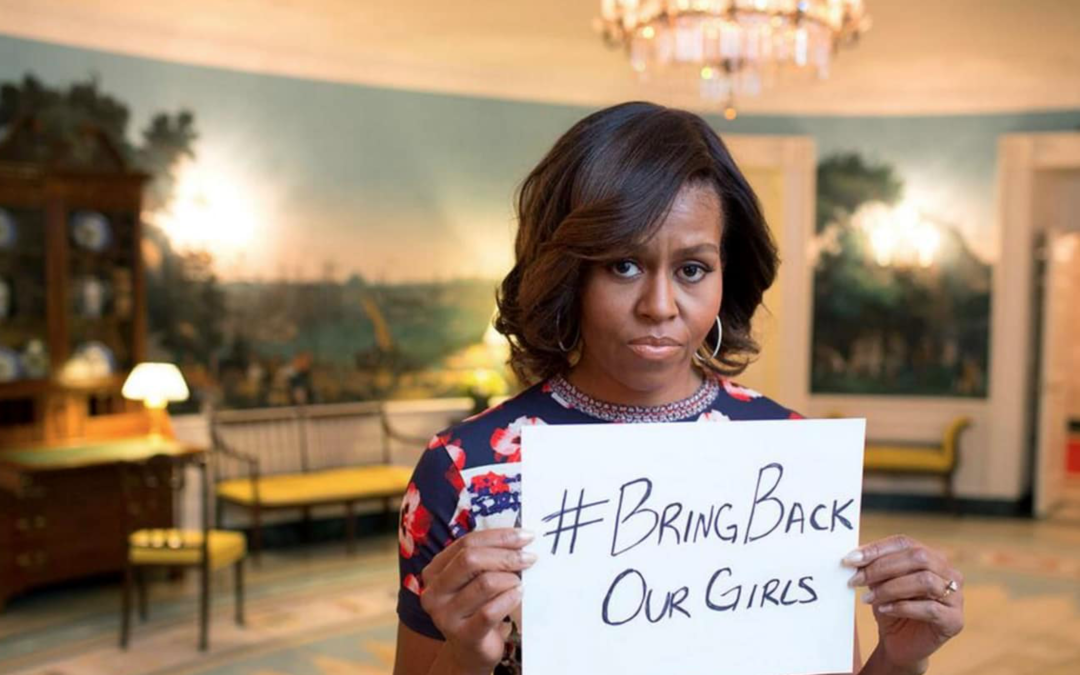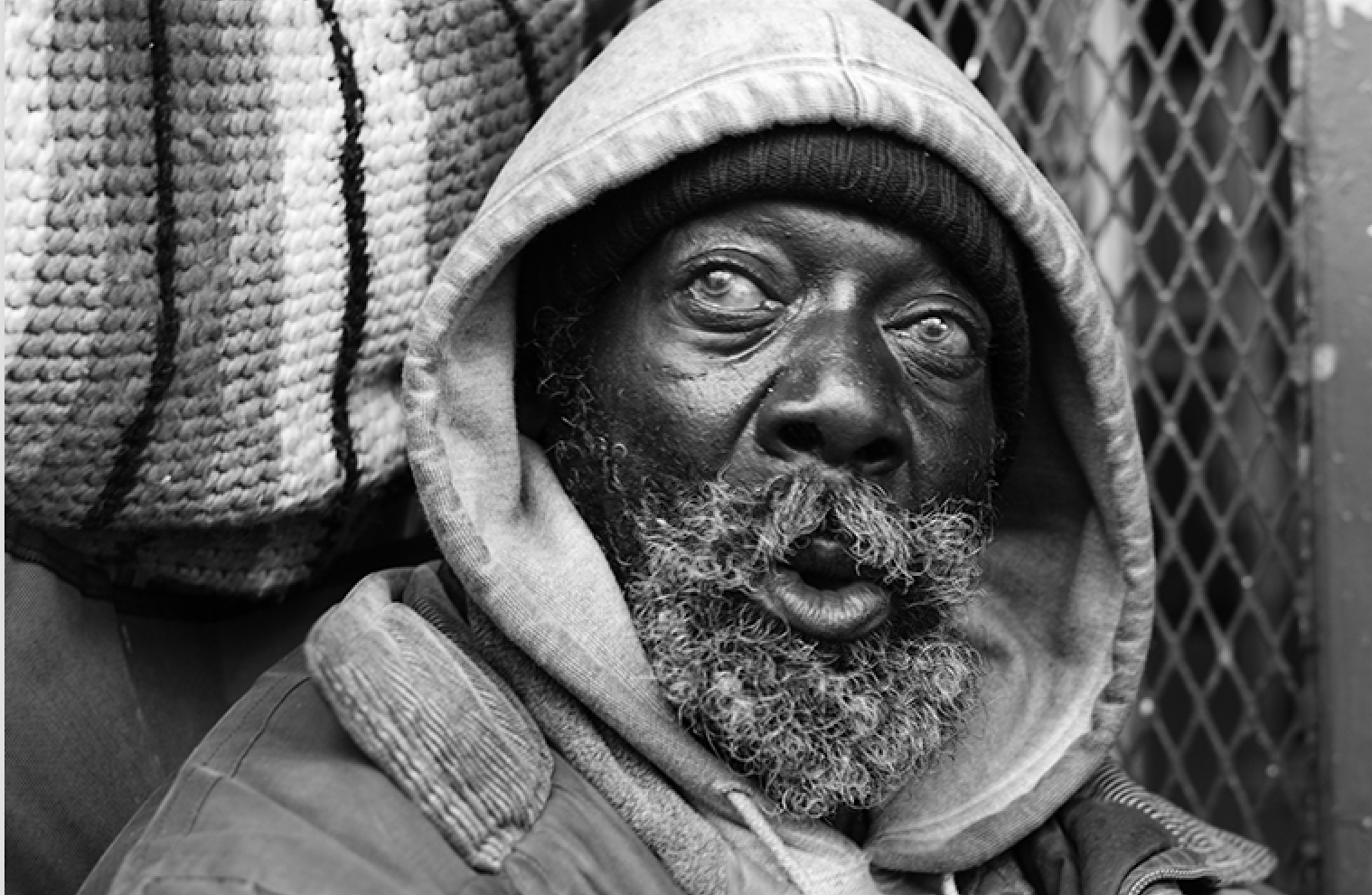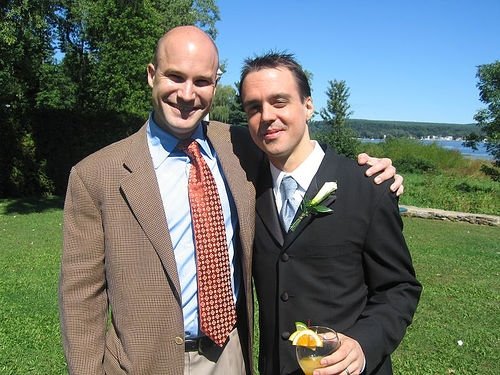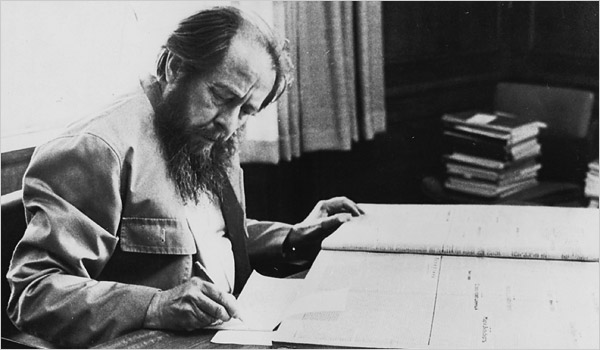Understanding CRT: Critical Theory and Critical Race Theory – Intersectionality
Over the last several months, I have had hundreds of conversations and answered questions about CRT (CRTI), Cultural Marxism and how Christians should respond.
Note: I use CRT and CRTI interchangeably. Let me say from the outset that many well-meaning Christians find these concepts very attractive because of the empathetic language employed by CRTI. Make no mistake, CRTI is not a ‘theory’ in the classic understanding, it is a total vision of reality. It is a worldview. It is rooted in atheistic materialism – time plus matter plus chance is total reality. The well-meaning Christian who adopts concepts or ideas is undermining Biblical faith, the Christian worldview and their public theology.
Therefore, I admonish my brothers and sisters to hold fast to the Bible daily by “renewing of your mind” (Romans 12:2). I challenge you to bring any and all foreign worldviews or concepts into the full light of biblical truth in order to “destroy arguments and every lofty opinion raised against the knowledge of God, and take every thought captive to obey Christ… (2 Corinthians 10:5)
The content below comes from a previous paper I wrote on the book, “White Fragility” by Robin DiAngelo. I abbreviated and adapted it for this post. There is a resource list at the end for you to dive deeper if you wish.
History of CRT / CRTI – Marx
Karl Marx viewed the world through economics (only matter and energy exist). The struggle was between the Bourgeoisie (elites / owners / oppressors) vs Proletariat (poor / workers / oppressed). His theory was devoted to creating conditions for a revolution where the Proletariat would rise up and take power from the Bourgeoisie establishing equality in outcomes (a utopian state).
History of CRT / CRTI – Gramsci
When Marxist revolutions failed to materialize in the west, Antonio Gramsci (Italian Marxist) theorized that the Cultural Hegemony (dominant cultural power) hindered it. Gramsci came to the conclusion that the ‘revolution’ from Marx’s theoretical framework would not materialize in wealthy, stable and capitalist societies. According to historian Dr. Glenn Sunshine, Gramsci surmised that, “The problem was ideology not economics – the problem was worldview.” The hegemony elites controlled and oppressed the lower classes ideologically through the institutions (academia, education systems and universities, the church, politics, judiciary, civil service, media, entertainment, the family and marriage). Gramsci’s vision was to create a counter-hegemony to overthrow the dominant oppressive power structure. Then, the conditions would be set up for a Marxist revolution. Gramci’s vision of a “war of position” for socialists and communists, is to subvert western culture from the inside.
Modern Critical Theory as a worldview
What began with Marx was modified by Gramsci then adapted as Critical Theory. Today, Critical Theory is a bonafide worldview that competes with Christianity, Islam, Atheism, Secularism, New Ageism, etc. The application (praxis) of Critical Theory is to identify the systematic power structures in society (power dynamics) between oppressed groups and their oppressors with the goal of dismantling oppressive structures.
Oppressors and Oppressed – Social Justice Movement
The critical theorist is in a constant state of critique, dividing people into oppressed identity groups determined by gender, race, gender identity, sexual orientation, religion, economic status, etc. and dismantling oppressive institutions and structures – thus, liberating the oppressed group. In other words, it is in a constant process of revolution against the cultural and economic hegemony. Critical Theory has been hybridized into Critical Race Theory Intersectionality. There are other variants (like Critical Pedagogy and Queer Theory) that I will not go into here but suffice to say, they all lead back to Marx (oppressors and oppressed). They are the fuel of the ubiquitous ‘Social Justice’ movement (see also Social Justice commentary).
Critical Theory as a Religion
It’s important to note that Max Horkheimer coined the term “Critical Theory” and wanted to distinguish it as a radical, emancipatory form of Marxian theory . If after reading this the notion of ‘religion’ comes to mind, you’re beginning to see the power of Critical Theory as a competing worldview.
Critical Theory as a Revolution
Within Critical Theory, there exists only two types of people, oppressors and the oppressed. All social interactions and institutions revolve around power dynamics in a zero-sum game (a winner and a loser). In other words, there is a fixed amount of material resources in the world. The dominant group obtains resources at the expense of the weaker groups. In order to keep power and control resources, the dominant group oppresses the weaker groups. That is the basic idea of power dynamics. In addition, the dominant group also exercises oppression through hegemonic power (recall Gramsci). Culture (language, law, business, customs, art, education, science, etc) is dictated by the hegemony. To Max Horkheimer, the objective of Critical Theory is “to liberate human beings from the circumstances that enslave them.” The existing power structures must be confronted and overthrown in order to ‘liberate’ oppressed people groups.
Critical Theory is a parasite – stealing words and distorting ideas
This brings us back to Gramci’s subversion of western institutions. We’re not just dealing with a book, we’re dealing with a worldview. CRTI has committed linguistic larceny of Christian words and concepts like justice, equality, human identity, liberation, oppression, etc. Therefore, the worldview deals in a slight of hand with words.
Critical Theory, Race and Power
“Critical Race scholar Zeus Leonardo states, “For white racial hegemony to saturate everyday life, it has to be secured by a process of domination, or those acts, decisions, and policies that white subjects perpetrate on people of color.”” (DiAngelo, 2018, p. 118)
Critical Race Theory and Intersectionality
CRT creates a type of caste system. By design, it divides all people into opposing groups that are constantly competing for greater levels of victim status (intersectionality). Moral authority is determined by the number of oppressed groups one identifies with, while moral responsibility is not expected among oppressed groups. In this worldview, certain ethnicities and identity groups have no moral responsibility at all. Essentially, they can behave however they wish without any moral or judicial consequence.
Ethnic minority identity groups have hidden knowledge of truth regarding racism that is only accessible to that group. Dr. Voddie Bauchman calls this “ethnic gnosticism.”
CRT View of Truth
Adherents to CRTI also claim that actual knowledge is impossible – truth and knowledge are rooted in one’s individual experience and identity group experience. Truth, epistemology and metaphysics (the nature of reality) are culturally generated and socially constructed. In other words, there is no objective truth to be found in the domain of human existence.
CRT collapses by subverting its own logical framework
Now the logical inconsistency of the worldview comes into focus. The claim that truth and knowledge are subjective (rooted in experience) is either objectively true for everyone everywhere or it is not. The truth claim that all truth is subjective collapses and self-refutes. Logic wins! Game over! Right? Wrong.
The CRTI worldview maintains that logic, reason, science as well as the Christian worldview and the nuclear family are tools that white people use to retain hegemonic power in order to continuously oppress black people and other intersectional groups. This borrows a tactic from Queer Theory that states that is politically actionable to make reality as confusing as possible if it furthers the cause of defeating systemic oppression.
Dangers for the well-meaning Christian
The Christian who intentionally or unintentionally adopts or borrows language or even the smallest idea from Critical Theory must understand that he or she is importing a foreign artifact that undermines the Bible and Christian worldview. In today’s postmodern culture in America, words like justice, equality, human identity, liberation, oppression have dual meanings. CRTI has hijacked language in order to push an ideology. Well-meaning Christians should use discernment and ask questions. We’re using the same words but different dictionaries. Always ask, “what do you mean by that?” to get clarification.
Theologian Darrell Harrison puts it another way, “We (Christians) are not to take the world’s ungodly philosophies and worldviews and couch them within the biblical Christian worldview. We are not to adopt them or any part of them because one part taints the whole.”
CRT in the Church
In my interactions with brothers and sister who have knowingly or unknowingly adopted CRT concepts, they express confusion and frustration with what they see as the problem with the world around them and how to solve it. They are essentially struggling to make sense of reality because they have unknowing believed concepts that are foreign to the biblical Christian worldview. So, they are frustrated. They fall into a trap between two visions of reality and humanity. Sometimes, they feel like they are being attacked by both sides or they just can’t win either way. The Church has failed in teaching a comprehensive public theology in light of the fullness and clarity of the Gospel of the Kingdom. We are the most biblically illiterate generation in history. The solution is to reclaim and revitalize the riches and fullness of Biblical faith.
“Wake up, and strengthen what remains and is about to die, for I have not found your works complete in the sight of my God.” (Revelation 3:2)
Consider the Bible
God created the world and everything in it. God is the moral law giver and he implanted it on the hearts of humans by common grace. He infused and embedded rich meaning throughout the created order. He brought about the universe through his Word. He gave us the gift of language. God created all humans in His own likeness and image. God declares that there is but one race – the human race.
Is ‘race’ a biblical concept?
Regarding the category of ‘race’, it’s worth noting that the Bible does not divide people into ‘races’, instead the Bible speaks of nations (ethnos), tribes, tongues and peoples. He created unity in diversity. ‘Nations’ is translated from ‘ethnos’ – where we derive the word ‘ethnicities’. THAT is the language of the Bible. The concept of ’Race’ is rooted in Darwin’s Theory of Human Evolution and is ethnically prejudice full title: “On the Origin of Species by Means of Natural Selection, or the Preservation of Favoured Races in the Struggle for Life“). It’s also worth noting that scientists have proven that the concept of ‘race’ is not grounded in genetics.
What’s the root problem with the world?
The Bible says sin is the problem with the world and reality proves this to be true.
“The depravity of man is at once the most empirically verifiable reality but at the same time the most intellectually resisted fact.”
– Malcolm Muggeridge
The Bible properly diagnoses the human problem and offers a comprehensive solution. The Problem is Sin and the Solution is the Gospel (salvation in Christ and vision for how we live based on that).
What’s the solution to the problem with the world?
As image-bearers, we implicitly know good from evil, right from wrong – we know God exists. The Bible states that ’Sin’ is the problem with the world. And our thoughts, words and actions evidence this as true (corresponds to reality of evil we see in the world and in ourselves). God also provides the only solution to our problem. That solution is His only son, Jesus Christ (Gospel). He is the one who saves by grace through faith. He died for all nations and all sin. We just need to repent and trust Him… He opens the gates to the Father’s Kingdom. And until these bodies wear out, we live in the joy of our Salvation. We express our love for Him by sharing the hope we have in our hearts and serving Him – redeeming and restoring our culture in our time. Then, our Father will whisper, “time to come home my child; well done…. I am making all things new.”
Final Thoughts for Christians
CRTI is an anti-Christian worldview and ideology. As followers of Christ with a Christian worldview and vision for life, we must think deeply in this cultural moment and understand the times. Second, we must pray for wisdom and discernment. We must pray for those brothers and sisters being led astray by false doctrines. Third, we must spend more time in our Bibles. One hour per week on Sundays is not enough to engage with competing worldviews.
Read your Bibles and understand the times. I discuss worldview in greater depth here…
“The more one understands people’s ideas the better one can communicate the truth of scripture and the gospel to them. That is why one learns about cults and religions. And why missionaries try to understand the cultures in which they live. But not enough Christians put much effort into understanding the culture in which they live. New believers who come to the church bring their worldviews with them. Furthermore, those Christians already in the church who do not understand worldview issues will not realize when they are embracing non-Christian concepts.” – John MacArthur
Resources:
- Worldview Explained – Making sense of the world around you
- Is Critical Theory Biblical?
- Critical Theory and Racism – Dr. Glenn Sunshine
-
Critical Response and Worldview Analysis of the book “White Fragility” by Robin DiAngelo
- Queer theory
- Critical Race Theory
- CRITICAL THEORY IS BIBLICAL
- Cultural Marxism and Critical Theory – A Friendly Response to Ameen Hudson – Neil Shenvi
- Antonio Gramsci: the Godfather of Cultural Marxism – Bradley Thomas
Subscribe
If you like what you read here, please subscribe. Every time I post something new, you will receive an email.




